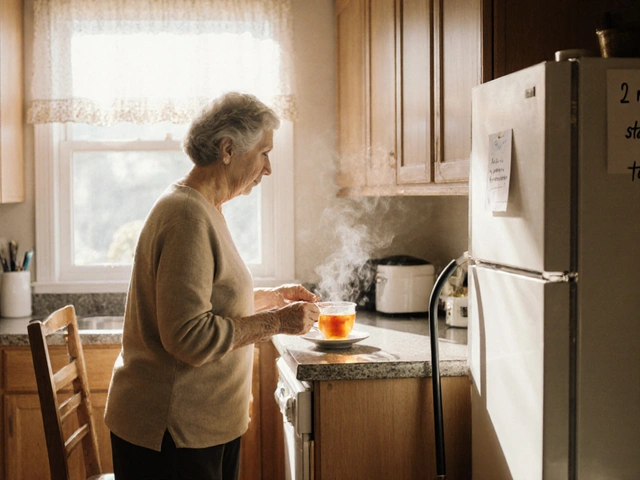Digestion Tips for Dogs that Actually Work
Stomach upset is one of the most common problems dog owners face. Gas, loose stool, or a picky eater can be stressful — but small changes often make a big difference. These tips focus on safe, practical steps you can try at home and clear signs for when your dog needs professional help.
Quick home fixes to try today
Bland diet: Offer plain boiled chicken (no skin, no bones) and white rice for 24–48 hours. It’s gentle, easy to digest, and helps firm stool. If chicken is not an option, plain cooked pumpkin (not pie filling) is a great source of soluble fiber that soothes the gut.
Hydration: Keep fresh water available. If your dog won’t drink, try low-sodium bone broth (no onions or garlic). Dehydration worsens digestive issues fast, so small, frequent sips are better than making them gulp a lot at once.
Slow down feeding: Fast eaters often swallow air and have worse digestion. Use a slow-feeder bowl or spread food on a flat baking tray so your dog must work a little to eat. Smaller, more frequent meals are easier on the stomach than one big bowl.
Probiotics and yogurt: A canine probiotic is a safe bet and can help rebalance gut bacteria. Plain unsweetened yogurt can work in small amounts for many dogs, but avoid flavored or sweetened types and ask your vet first if your dog is lactose-sensitive.
Avoid common triggers: Don’t give dairy, fatty scraps, chocolate, grapes/raisins, xylitol, onions, or garlic. Human junk food often causes vomiting or diarrhea and can be toxic.
Gentle massage and movement
A light belly massage can ease gas and encourage digestion. With your dog relaxed, use flat hands and stroke gently in a clockwise motion from the ribs toward the hips for 1–2 minutes. Watch their body language — if they tense or move away, stop. Short, calm walks after eating can also help move food through the gut.
Watch the stool: Color, consistency, and frequency tell you a lot. Firm, brown stools are normal. Black, tarry stools, bloody stool, or very watery diarrhea are red flags. Keep a photo and notes to show your vet if things don’t improve.
When to call the vet: If vomiting or diarrhea lasts more than 24 hours, if your dog is very lethargic, has a fever, won’t eat at all, or you see blood in stool or vomit — contact your vet right away. Puppies, senior dogs, and dogs with other health issues need faster attention.
Small changes add up. Adjust diet slowly when switching foods, try a short bland diet when upset, and use simple tools like probiotics, pumpkin, and slow-feeding bowls. If home care doesn’t help fast, don’t wait — a quick vet visit can prevent bigger problems.

Effective Strategies for Enhancing Gastro Health Through Mindful Eating
Mindful eating can greatly improve your digestive health. This article explores practical tips and interesting facts on how to eat mindfully, ensuring better digestion and overall well-being. Learn how simple changes in your eating habits can make a big difference in your gastro health.

Mindfulness and Sleep: The Key to Restful Nights
Aug, 8 2023



